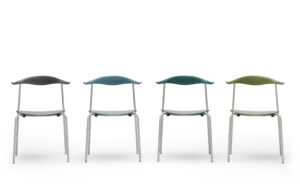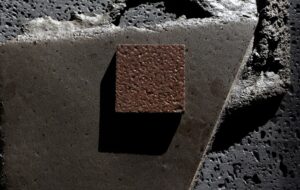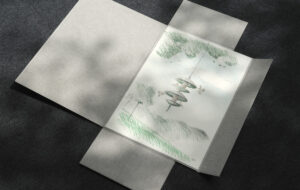|
|
||
|
In Cloud Time (2012), an incisive and exhilaratingly tetchy work of theory-fiction by Dean Lockwood and Rob Coley, the authors take issue with the celebration of cloud computing. Forget its potential to make digital data easy to store; forget its ability to drive down the price of IT operations; the cloud, they argue, makes us slaves of the grid, of the multinational corporations that seek to colonise our imaginations. “Politics needs to be dreamed back into existence,” they exhort. “We commend a critical immanent delirium of the Cloud, a fabulation spun out from the cramped space into which it installs us.” Step forward Metahaven, the Amsterdam-based design studio founded in 2006 by Vinca Kruk and Daniel van der Velden that has made its name by conducting theory-heavy investigations into the relationship between politics and aesthetics. Its work is a noise field where the rhetorics of sociology, complexity, globalisation, immateriality and systems theory mesh in disorientating fashion. It’s also a kind of rogue archaeology, a brash antidote to what Metahaven claims is other designers’ fondness for the “seductive regime of surface” and for shirking away “from the non-negotiability of the brutal material ground, historical structure and political struggles on which, originally, surface itself was premised”. Metahaven’s questions and provocations often take the form of books, manifestos and conferences. Islands in the Cloud, at MoMA PS1, is – surprisingly – its first museum show. It’s neither a retrospective nor a grand statement. It doesn’t engage with the brutal material ground of contemporary New York or the political struggles of the art institution. Rather it’s a dispatch, a record of recent activities, a pointer to various works-in-progress. It radiates intellectual energy, but is also borderline-hermetic to anyone not fully versed in the terrains being mapped. There are three chief components to the exhibition. The first, related to Metahaven’s branding work for Wikileaks, is a collection of rolled posters, each standing at over five-feet tall and resembling a cross between a Stone Age megalithic structure and the pillars of an oil platform. Their text has been overlaid with white tape and graffiti-like squiggles. On a pillar behind them are two posters with partially taped-and-censored slogans: “Scientific Journalism” and “Radical Transparency”. Behind the pillar, inaccessible to visitors, stands a reserve army of more rolled posters. Also on display is a series of light boxes, born of Metahaven’s work with the Modern Media Institute, an Icelandic foundation that helped rewrite the country’s constitution to enshrine internet-related freedoms. Digital skyscapes share space with screen grabs of rich-text documents; the words “Political Fantasy” appear in lurid violet; clouds look like teardrops: these assemblages are queasily hyper-real – like watching HD television for the first time. The final element involves the Principality of Sealand, a self-proclaimed nation state located on a North Sea platform. Used by pirate radio broadcasters in the 1960s, it has since undergone various dodgy transformations, including a period when it packaged itself as a data haven. A video monitor shows images of the bank cards produced on Sealand,photos of coins bearing its name and old advertisements peddling its vision of sovereign liberation. On a shelf are placed relics from the platform – a tube of Pringles, a can of Guinness, upturned glasses of champagne – on which have been placed books such as Claude Lefort’s The Political Forms of Modern Society. Junkspace or brave new world? Embodiment of, or alternative to, Western capitalist realism? It’s hard to tell, just as it’s hard to tell if the clouds that pepper the show represent utopic blank canvases, updates of pop-art tropes for a wired world or speech bubbles shorn of intelligent speech. This interzone between the creative and critical feels vaguely unsatisfying. One leaves the show lusting for more of the delirial fabulations that Lockwood and Coley demand – and that Metahaven’s book, Uncorporate Identity (2010), embodies.
|
Image Matthew Septimus
Words Sukhdev Sandhu |
|
|
||


















